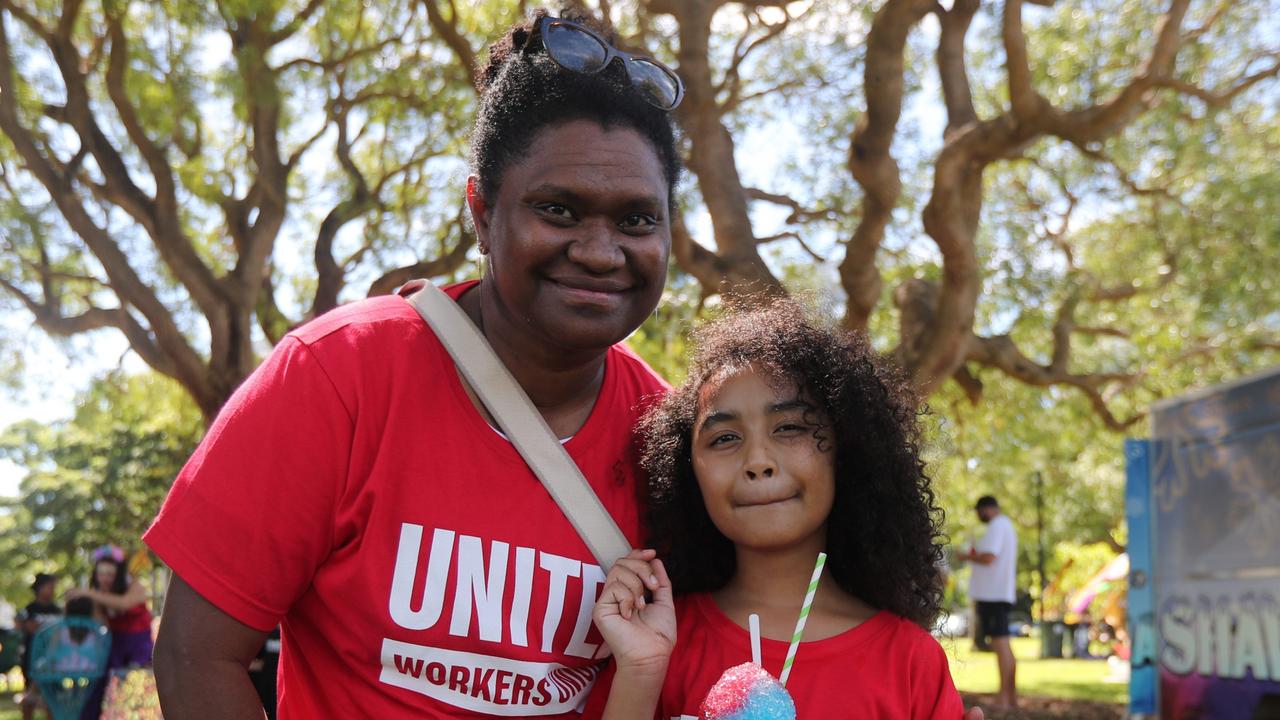NT government to audit workplace safety in late-night outlets in wake of Declan Laverty’s tragic death
Boosting safety in late-night outlets will likely hit businesses in the hip pocket following the NT government’s announcement of a workplace safety review in the wake of Declan Laverty’s death.

Northern Territory
Don't miss out on the headlines from Northern Territory. Followed categories will be added to My News.
Industry groups have backed the government’s move to review workplace safety in late-night outlets across the Territory, though it could cost businesses thousands of dollars.
The review is one of several measures Chief Minister Natasha Fyles announced Wednesday in response to the stabbing death of 20-year-old bottle shop worker Declan Laverty at the Airport Tavern, Jingili on Sunday night.
The government will audit outlets such as bottle shops, petrol stations and convenience stores open at night, and review relevant work health laws.
The audit will include providing advice on how business security can be improved, such as crime reduction through environmental design.
It is understood it will also review staffing levels.
Catch up: Government to review bail laws after bottle shop stabbing death
Extra lighting in retail areas, removing graffiti and fixing broken windows are some examples of environmental design that have been used to discourage criminal behaviour in cities around the world.
The retail union welcomed an assessment of store fit-outs to better protect staff.
“We’re pleased the government have committed to doing a workplace safety review, particularly how the layout of stores can be improved to ensure worker safety,” SDA secretary Josh Peak said.
“You think about how a classic bottle shop is set-out – that worker is so vulnerable if anything goes wrong.”
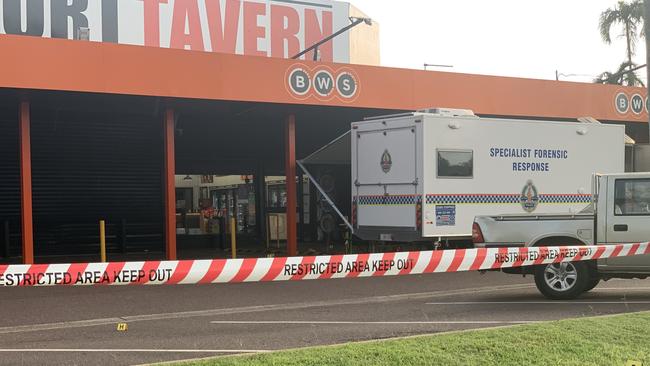
Mr Peak said while installing things like physical barriers at counters, safe spots or additional exits may involve businesses footing the bill, “there’s no greater cost than the lives of workers”.
One 24-hour petrol-station operator in the Darwin region, who wished to remain anonymous, said installing security measures in his business had cost up to $30,000 since opening two years ago.
The measures included a distress button under the counter, service screen, roller door at the entrance and remote access CCTV.
“We’ve instructed staff not to leave the counter where they’re safe, and they’ve also got a safe room they can escape into,” he said.
It did nothing to stop the “brazen theft” but “staff safety is the beginning and end of everything”.
Hospitality NT chief executive Alex Bruce backed Wednesday’s announcement as “a reasonable first step”.
“We need the community to feel safe. We need our staff, our venues, our customers to feel safe. And that’s why we’re supporting today’s measures,” Mr Bruce said.
Hospitality NT will look at rolling out de-escalation training for all frontline workers in the industry, not just bouncers and security guards.
“We know that there is a strong interest from industry for that kind of de-escalation training,” Mr Bruce said.
“There’s no one silver bullet to any of this, we’re well aware of that. But if we can equip our staff better to verbally get themselves out of difficult situations, that’s a no-brainer.”
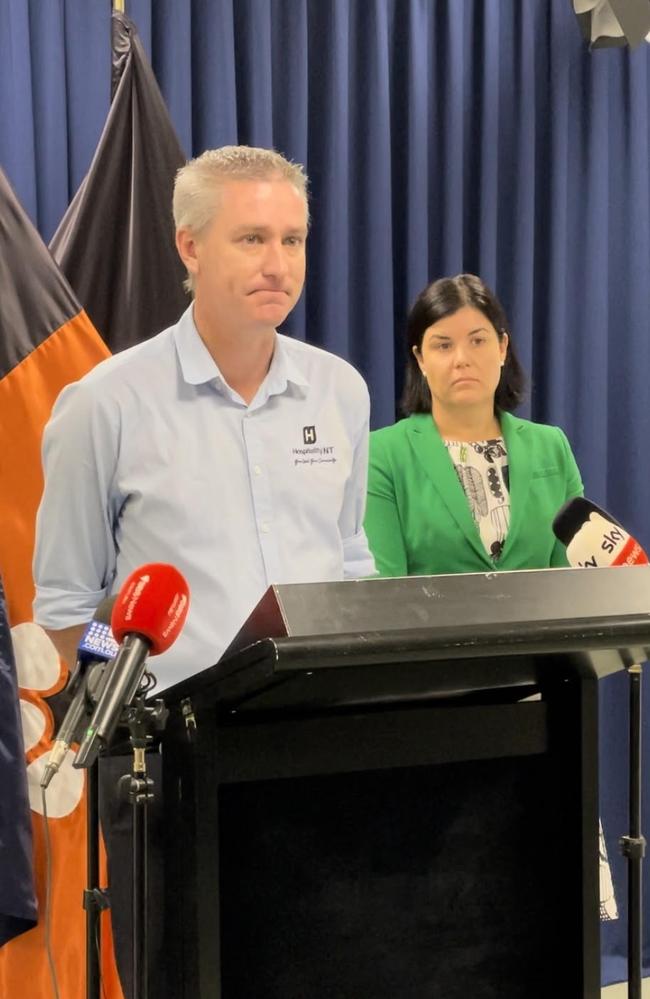
Wednesday’s announcement on tackling crime also included a review of bail laws, boosted police presence, and transit safety officers being armed with capsicum spray, among others.
Head of Lhere Artepe Supermarkets Temba Ncube, who operates three Alice Springs IGA’s and their associated Cellarbrations, generally welcomed the news – particularly around an increase in police presence, and education for staff who are faced with confronting situations.
Mr Ncube had been searching for some months to find a service provider in Alice Springs who could teach staff de-escalation strategies and tactics.
“Here in Alice Springs we are fortunate that here in our liquor stores there are police,” he said.
“We are very happy in retail that more police will be around.
“And more education of staff protecting themselves. It is a good start.”
Mr Ncube questioned whether environmental safety measures would work in practice given current worker shortages.
“If you have it in a takeaway liquor outlet you would have to hire more staff to go in and get the orders if no customers can go into the cool room. It can work in service stations, but I’m not sure about retail.”
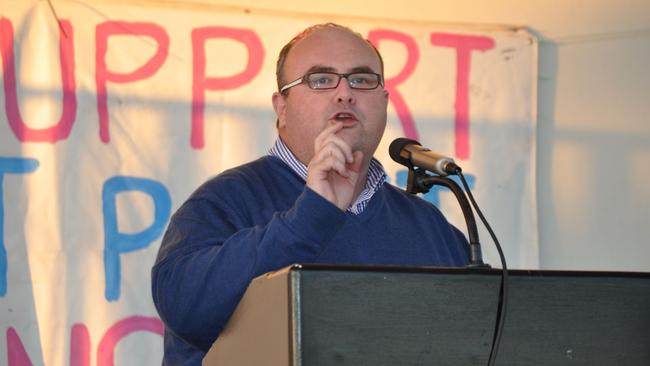
Tourism Central Australia chief executive Danial Rochford supported the new measures, particularly the review of bail laws.
“The more we can put in place laws like this the safer workers will be,” he said.
Mr Rochford also said trespass laws being discussed in Northern Territory parliament this week would further protect businesses.
Tourism Central Australia would be working with businesses as the NT government undertook its audit on late night retail outlets, and supporting them in accessing environmental protections such as perspex glass and more lighting.
“Ultimately we reiterate the message of the Chief Minister that enough is enough, more needs to be done to keep workers safe,” Mr Rochford said.
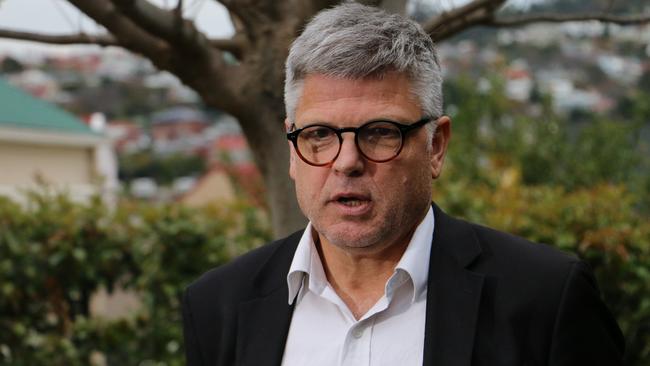
Australian Lawyers Alliance’s national criminal justice spokesman Greg Barns SC was less complimentary about the move towards tougher bail laws.
“We are disturbed to see the NT government following the lead of Queensland in thinking it can jail its way out of criminal activity,” he said.
“Making bail more difficult and not supporting individuals on bail means overcrowded prisons and will not lead to any reduction in crime. All the evidence available shows that placing young people in particular in the jail environment is more likely to increase the risk of criminal activity on release.”
The lawyers alliance was also concerned with increased arming of transit officers.
“While capsicum spray can be used in extreme situations, it’s use must be carefully monitored,” he said.
“Overseas experience suggests people with mental illness or with other unusual behaviours can be the victims of spraying.”
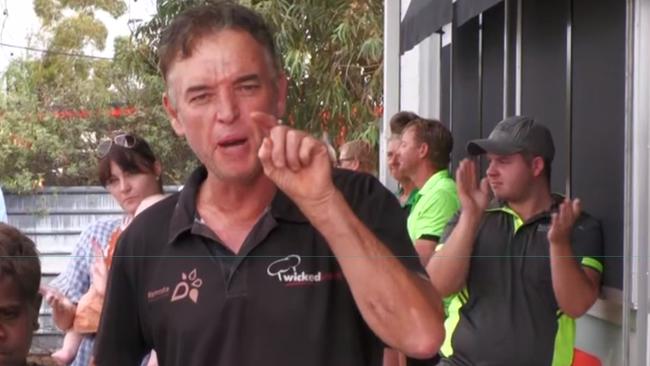
Alice Springs business owner and Action for Alice founder Darren Clark said the new measures were “a lot of smoke and mirrors” that came too little too late for victims of crime.
“For three years I’ve been asking for something to happen. Let’s be serious here, the bail review – and it must be remembered it’s only a review so it hasn’t committed to anything – it’s just around weapons. It’s nothing around property crime, stolen vehicles, rock throwing. It’s only one offence.”
He questioned how increased police presence would be possible given earlier this month Deputy Commissioner Murray Smalpage said the force was 300 short of the numbers it needed to address skyrocketing crime.
Mr Clark called on the government to do more to address the underlying causes of crime and alcoholism.
“If people are so desperate for alcohol they are willing to stab someone multiple times to get that alcohol, or if they are willing to drive a vehicle into an establishment, then we’ve got some serious, serious issues with addiction.
“Let’s treat the demand, because in turn you will help the whole community.”




